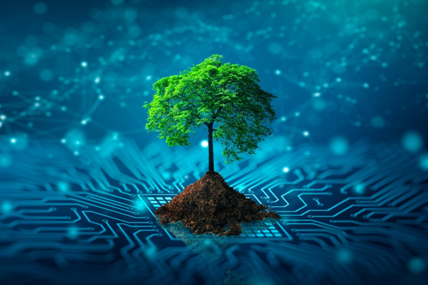A FREE IOP/CSES lecture for the public by Dr Jacqueline Edge, Imperial College London.

Batteries are an important part of fixing climate change, because they can help us to store energy while the sun shines or the wind blows and, when it’s dark or still, release the stored energy to power our homes. This also gives us an alternative form of energy to power our cars.
However, we need to make sure we are not generating new environmental impacts, by digging up minerals for batteries and using more chemicals. Engineers use a tool called Life Cycle Assessment to track all the impacts that a technology might introduce, considering every aspect of the technology’s production, use, re-use and eventual disposal.
Life Cycle Assessment is a way of accounting for all impacts of extracting raw materials, the impacts of dealing with waste products, such as gases, industrial chemicals and discarded batteries, and everything inbetween. This tool can help us to work out which materials or processes for the technology cause the most damage, so that we can work out how to reshape them and use more sustainable options.
Refreshments will be available 30 minutes before the start of the lecture.
![]()
![]()
![]()
To book your FREE place, please click Register Now from the event page on our website. Alternatively, just turn up!
When
23 January 2025 from 19:00 to 20:00
Location
Anglia Ruskin University (Room MAB 221)
Lord Ashcroft Building
Bishop Hall Lane
Chelmsford
Essex
CM1 1SQ
United Kingdom
Lord Ashcroft Building
Bishop Hall Lane
Chelmsford
Essex
CM1 1SQ
United Kingdom
